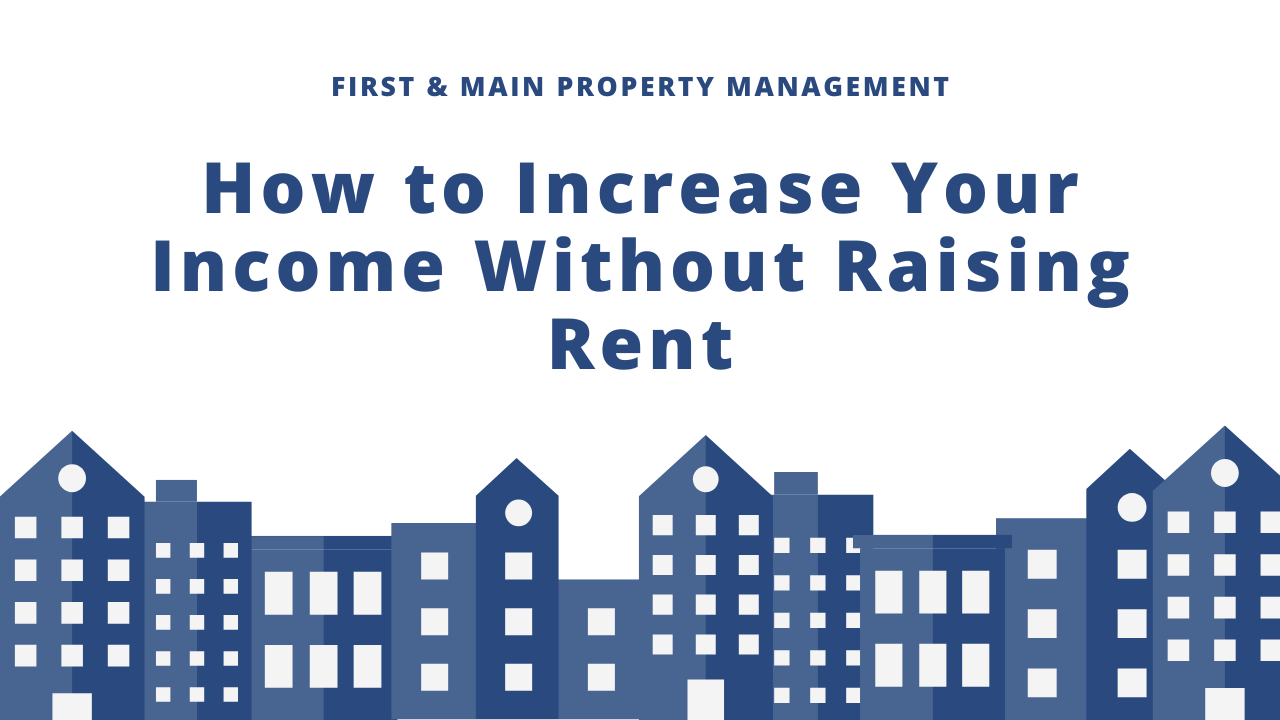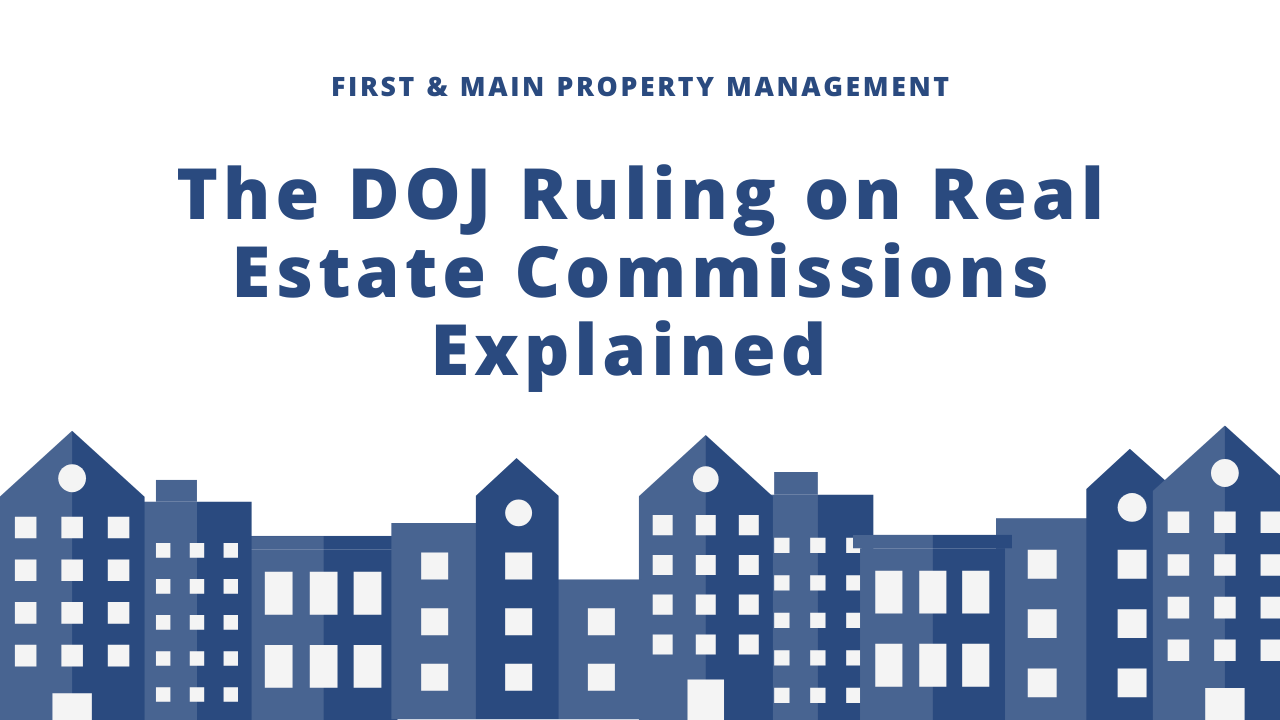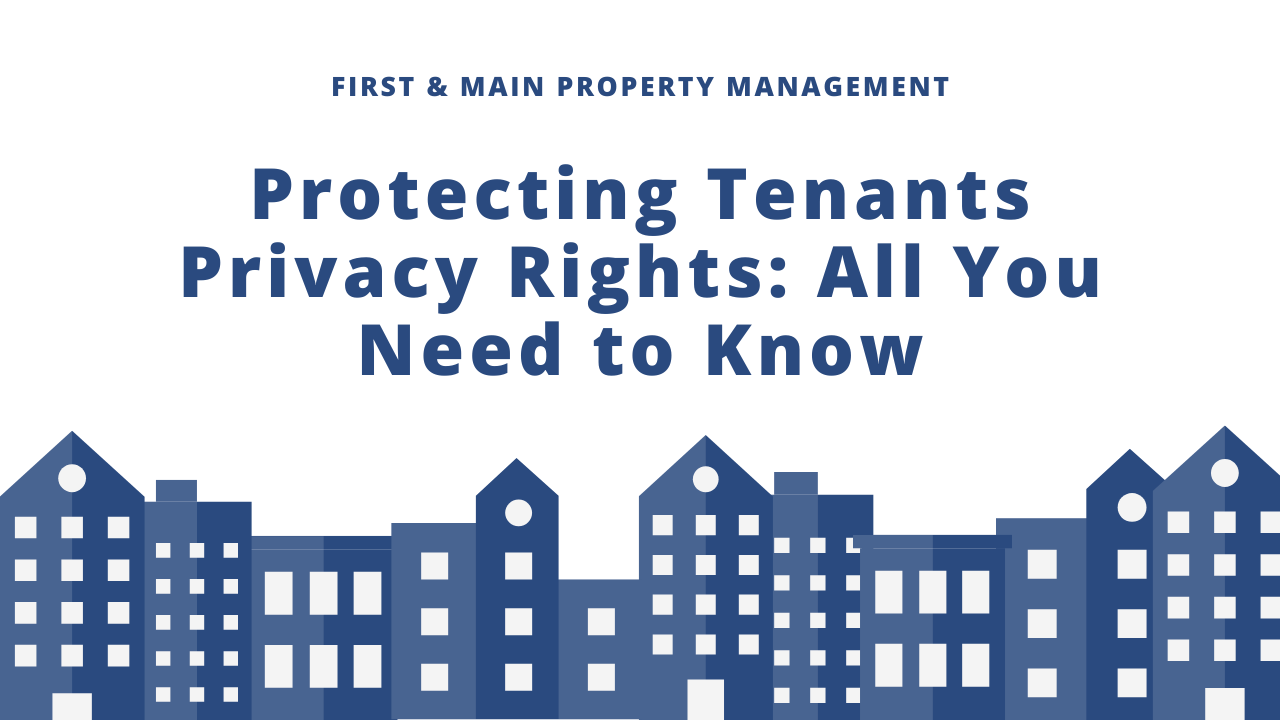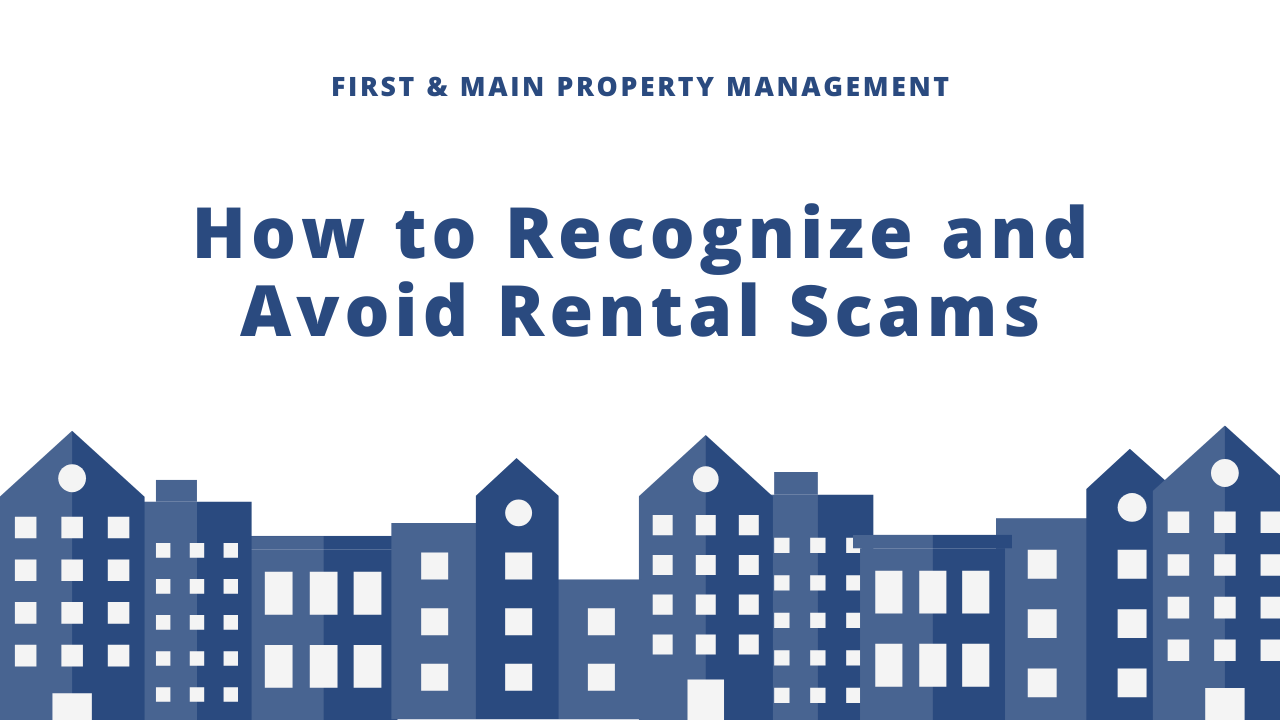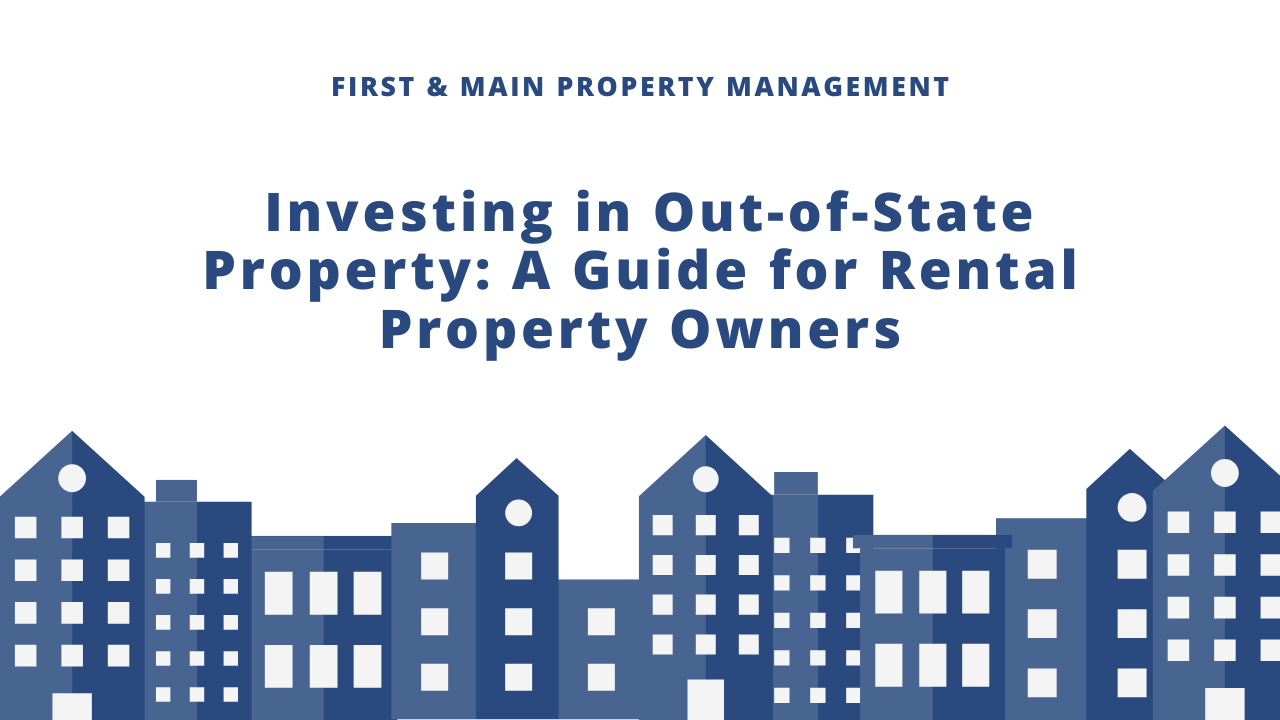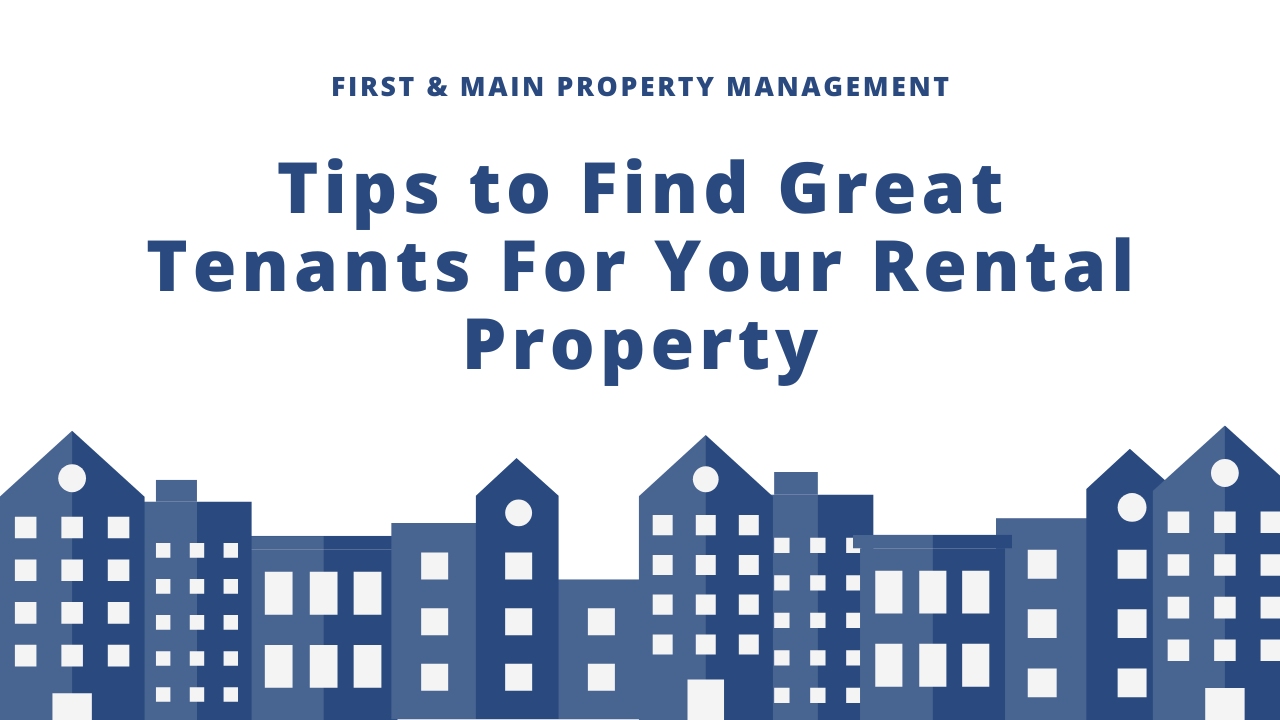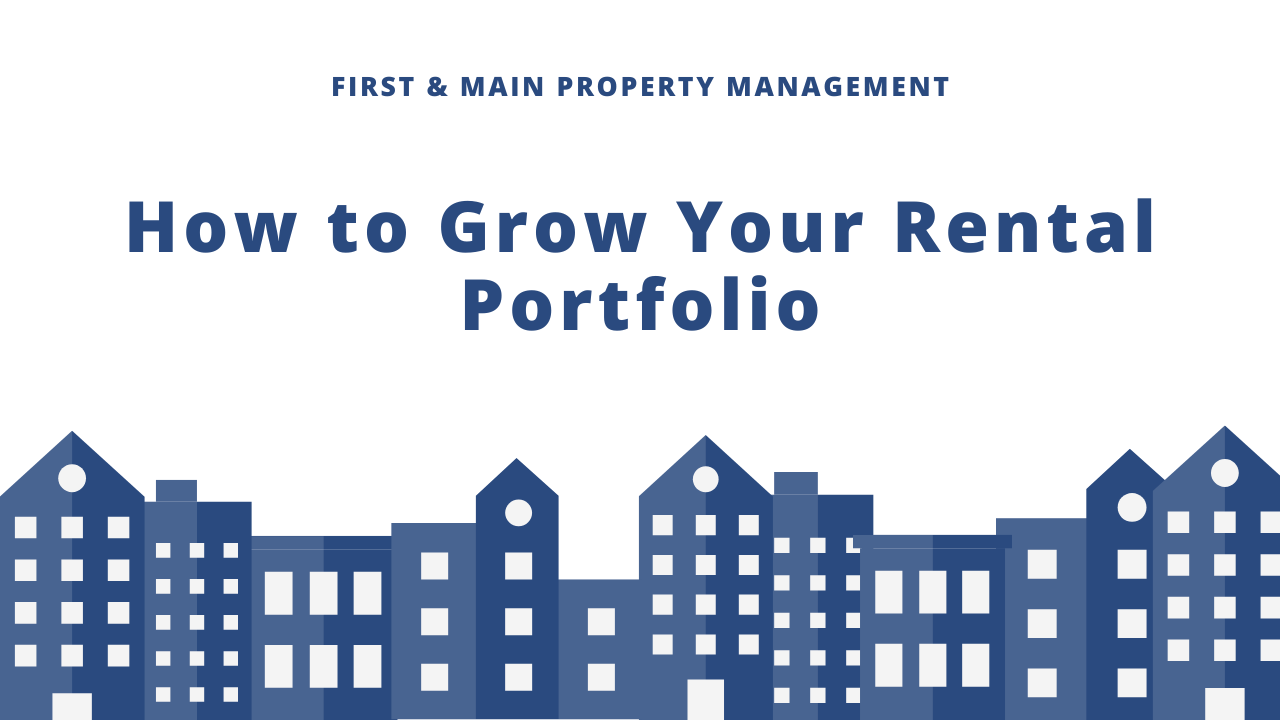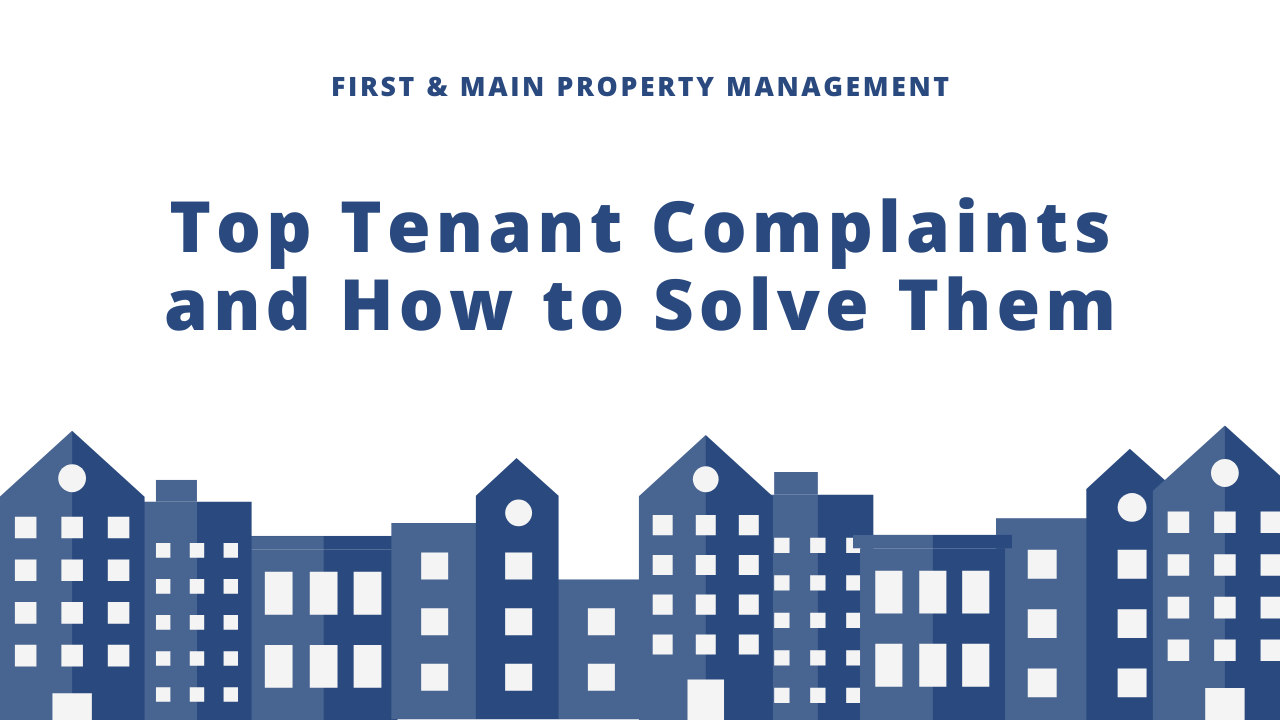What to Include in a Rental Agreement
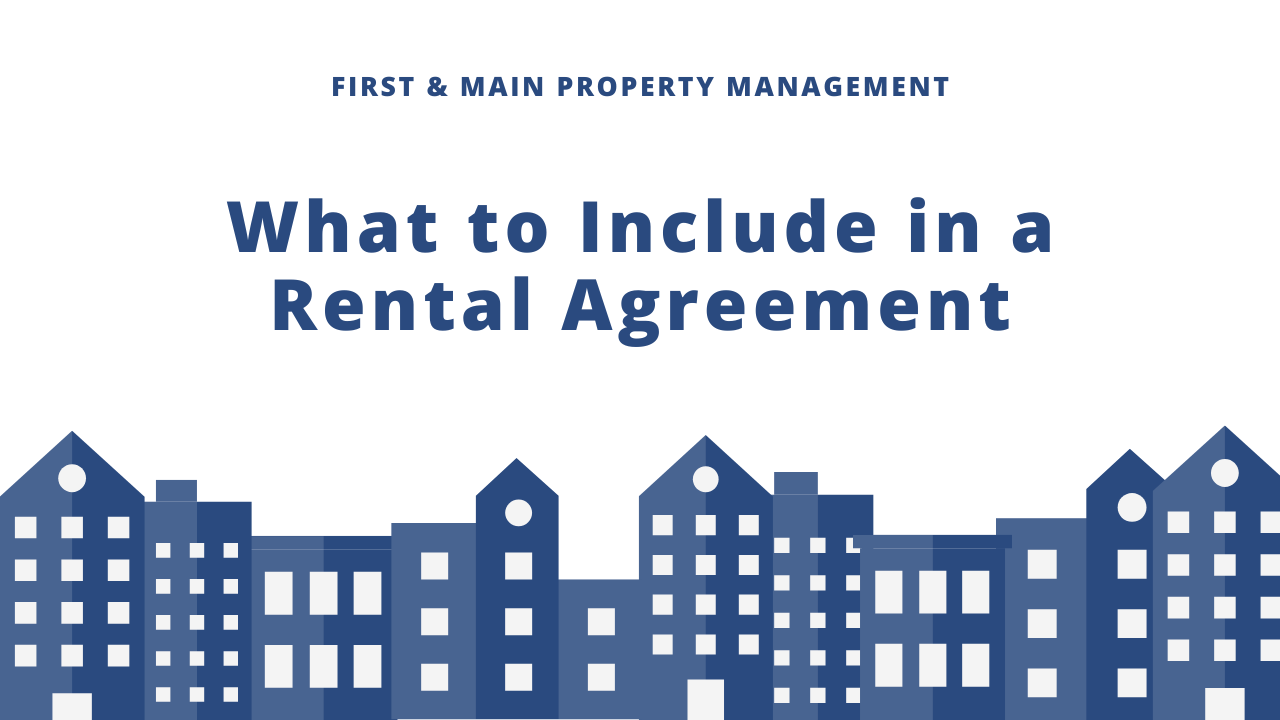
Is your rental agreement protecting your property and rights as a landlord? A solid agreement is a legal safeguard that helps prevent disputes and ensures smooth relationships with your tenants.
As a landlord, it’s crucial to outline terms that are both clear and comprehensive.
Whether you’re renting out a single-family home or an apartment, your agreement should cover all the bases, from rent payments to maintenance responsibilities.
In this article, we’ll guide you through the must-have clauses to include in your rental agreement to ensure that it serves you, and your residents, well.
Keep reading to learn more!
Rent Payment Terms
When you set up a rental agreement, one of the most important things to include is the
rent payment terms.
This should cover the exact amount of rent due each month, how and when it should be paid (online, by check, etc.), and the due date.
It's also smart to mention what happens if a payment is late, like any late fees, and how much those fees might be.
You want to be clear so there’s no confusion, everyone knows when the rent is due, how to pay it, and what happens if it's late.
Setting these expectations upfront helps you avoid future headaches.
Security Deposit Details
The
security deposit is essentially your safety net. It's there to cover any damages or unpaid rent if something goes wrong during the lease.
In your rental agreement, you’ll want to clearly state how much the deposit is, whether it’s refundable, and the conditions under which it may be withheld.
You should also specify when and how the deposit will be returned at the end of the lease, typically within 30 days after the resident moves out, unless there are damages.
Be transparent about what’s acceptable for deductions, like cleaning costs or repairs. This helps avoid any misunderstandings when the lease ends.
Lease Duration and Renewal
The lease duration is the period the resident will be renting your property, typically 12 months, but it could be shorter or longer.
Be sure to include the start and end dates of the lease. It's also important to include what happens when the lease term ends.
Does the lease automatically convert to a month-to-month agreement, or will it require a renewal process?
If you want to renew the lease, you should outline how much notice you or the resident need to give.
This section ensures both you and the resident know exactly when the lease is up and what happens next.
Maintenance and Repair Responsibilities
This section sets expectations for how
maintenance and repairs will be handled.
As a landlord, you'll likely be responsible for major repairs, like fixing plumbing or replacing broken appliances.
However, your residents may be responsible for smaller tasks, such as changing light bulbs or keeping the yard tidy.
It’s a good idea to clearly outline what your residents are responsible for and what you will handle.
Also, specify how residents should report maintenance issues and what emergency situations (like water leaks) should be handled immediately.

This helps ensure your property stays in good shape and keeps your residents comfortable.
Occupancy Limits
This part of the rental agreement is all about setting clear guidelines on who can live in your property and for how long.
It’s important to specify the maximum number of people who can reside in the unit, whether it’s based on the number of bedrooms or a specific limit that you feel comfortable with.
Additionally, you might want to address whether or not residents are allowed to have guests stay overnight or for extended periods.
If you allow guests, it’s a good idea to define how long they can stay before it becomes a problem.
Clear occupancy limits help avoid overcrowding and ensure that your property remains safe and comfortable for everyone.
Rules on Pets
If you’re
allowing pets, this section is where you’ll lay down the rules. Start by stating whether or not pets are allowed in the rental property.
If you allow them, be specific about what types of pets (like dogs, cats, or small animals) are allowed and any restrictions—such as breed, size, or number of pets.
Additionally, you should mention whether there’s an extra pet deposit or monthly pet fee to cover potential damages.
Also, don’t forget to include a note about how pets should be managed—like whether they must be kept on a leash in shared spaces or if noise levels (like barking) should be kept to a minimum.
Setting pet rules upfront helps everyone understand expectations and minimizes any conflicts.

Eviction and Termination Clauses
While no one likes to think about
evictions, it’s important to be prepared and have a clear process in place just in case.
This section should outline the reasons a lease can be terminated before it ends—like non-payment of rent, violating lease terms, or engaging in illegal activity.
You should also state how much notice you’re required to give before terminating the lease.
For example, in most cases, landlords need to give at least 30 days’ notice before asking a resident to leave.
By having clear eviction terms, you ensure that everyone knows their rights and responsibilities, which can help avoid legal issues down the road.
Legal Compliance and Regulations
As a landlord, you must comply with various local, state, and federal laws, and this section of the rental agreement ensures that you're on the right side of the law.
It includes basic legal protections, like anti-discrimination laws, which prevent landlords from refusing to rent based on race, religion, gender, or other protected categories.
It also covers safety requirements, such as ensuring smoke detectors are in place or meeting local building codes.
By mentioning these regulations in your agreement, you help protect yourself legally and show that you are operating in a fair and responsible way.
This gives both you and your residents peace of mind knowing that everything is in line with the law.
Your Perfect Rental Agreement Awaits!
In conclusion, creating a detailed and clear rental agreement is key to protecting both your property and your peace of mind.
If you're unsure where to start or need professional assistance,
First & Main Property Management
is here to help.
They specialize in crafting tailored rental agreements that meet your specific needs, ensuring everything is covered.
Reach out to First & Main today to discuss your options and find the best solutions for your rental property!

